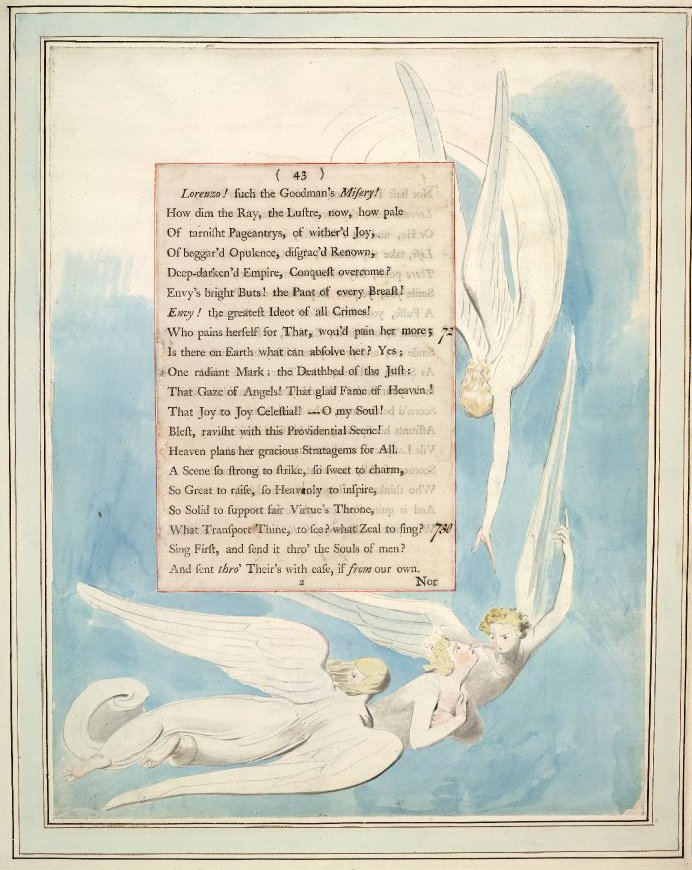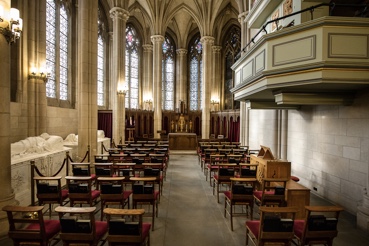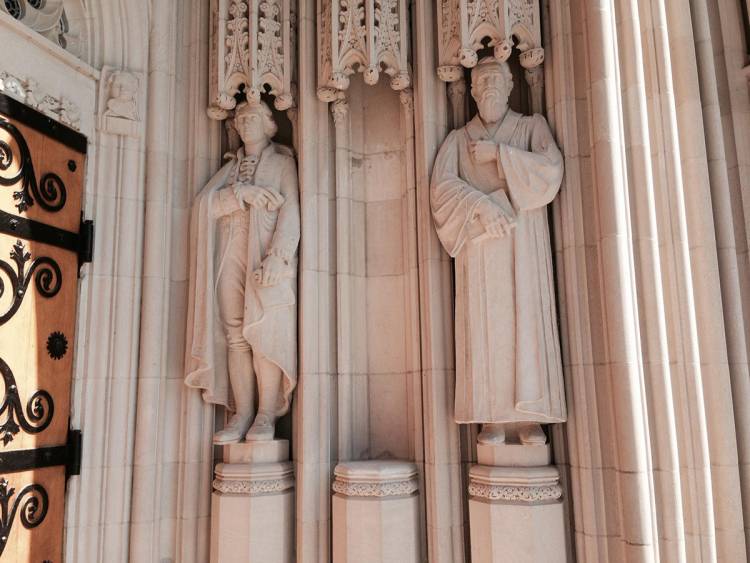Larry was fond of saying that the Bible is all poetry, and poetry is the highest form of truth. If one goes to the Bible looking for literal truth he/she will be disappointed for the truth of the Bible is spiritual truth which is of a different nature than what be stated can be stated literally. Poetry uses symbols, metaphors and allusion to suggest more than is overtly stated. The words rock, water, awake, earth, fire do not necessarily refer to physical entities; they point toward realities with larger, deeper meanings. When we read the Bible as poetry, we find the meanings that reveal truth about ourselves, our families, our societies, and our relationship to the world of spirit.
https://sites.google.com/site/blakeprimer/bible
"In reality the biblical truth is just as relevant to 18th Century England as it is to first century (or any century) Palestine. The same spiritual events continue to unfold today that Ezekiel, John and the others saw and described in their day. The same choices are to be made by 18th Century Britons (or 20th Century Americans!) as were made by first (or any) century Palestinians, and these choices have the same consequences. Truth is spiritual and timeless; the passing scene is only a shadow of the eternal reality.
...
Having said all this how can we summarize Blake's relationship to the Bible? First we recall that he didn't read it literally but symbolically, not historically, but poetically. ...
It should be said however that Blake found inspiration for his myth from many other sources beside the Bible; the secular critics have pointed them out in great detail. He drew impartially on everything in his experience, but found the Bible his richest fountain. The other sources were secondary and for the most part commentaries on or elaborations of the biblical truths.
Much as he loved the Bible, Blake ascribed paramount authority to his visions. The true man of God has visions which refine, bring up to date, and correct the earlier visions of the earlier prophets. This is where Blake departed from the orthodox attitude to the Bible, which he called reading it black. This is where he acted on the heritage of English dissent. This is how he saw the New Light and became a man of the New Age."
_______________
God is Love
First John 4
[16] So we know and believe the love God has for us. God is love, and he who abides in love abides in God, and God abides in him.
Colossians 3
[13] forbearing one another and, if one has a complaint against another, forgiving each other; as the Lord has forgiven you, so you also must forgive.
1st Thessalonians 5
[5] For you are all sons of light and sons of the day; we are not of the night or of darkness.
[6] So then let us not sleep, as others do, but let us keep awake and be sober.
2nd Corinthians 4
[13] Since we have the same spirit of faith as he had who wrote, "I believed, and so I spoke," we too believe, and so we speak,
[14] knowing that he who raised the Lord Jesus will raise us also with Jesus and bring us with you into his presence.
[15] For it is all for your sake, so that as grace extends to more and more people it may increase thanksgiving, to the glory of God.
[16] So we do not lose heart. Though our outer nature is wasting away, our inner nature is being renewed every day.
[12] and after the earthquake a fire, but the LORD was not in the fire; and after the fire a still small voice.
Luke 24
[30] And it came to pass, as he sat at meat with them, he took bread, and blessed it, and brake, and gave to them.
[31] And their eyes were opened, and they knew him; and he vanished out of their sight.
[32] And they said one to another, Did not our heart burn within us, while he talked with us by the way, and while he opened to us the scriptures?
John 13
3] Jesus knowing that the Father had given all things into his hands, and that he was come from God, and went to God;
Matthew 6
[25] And his disciples came to him, and awoke him, saying, Lord, save us: we perish.
[26] And he saith unto them, Why are ye fearful, O ye of little faith? Then he arose, and rebuked the winds and the sea; and there was a great calm.
.png)








